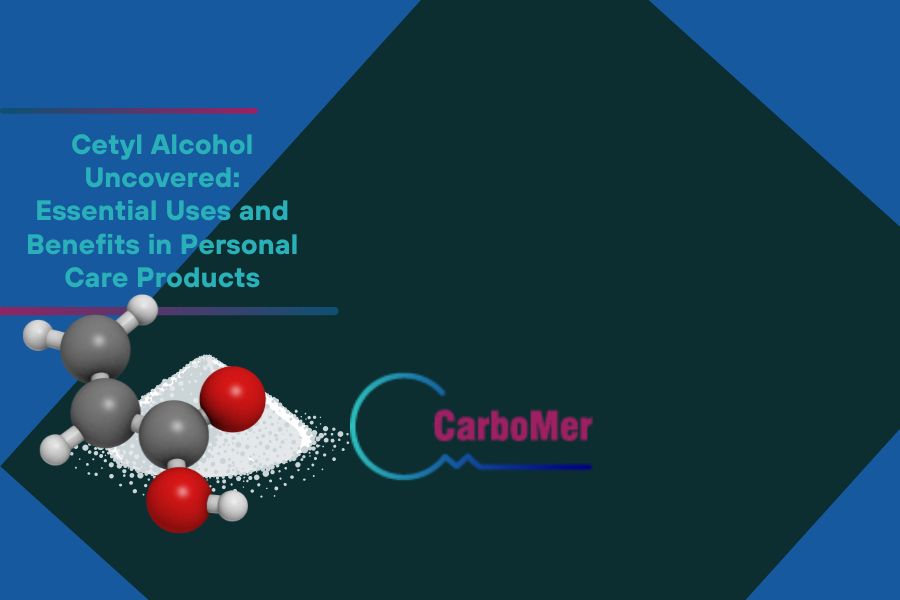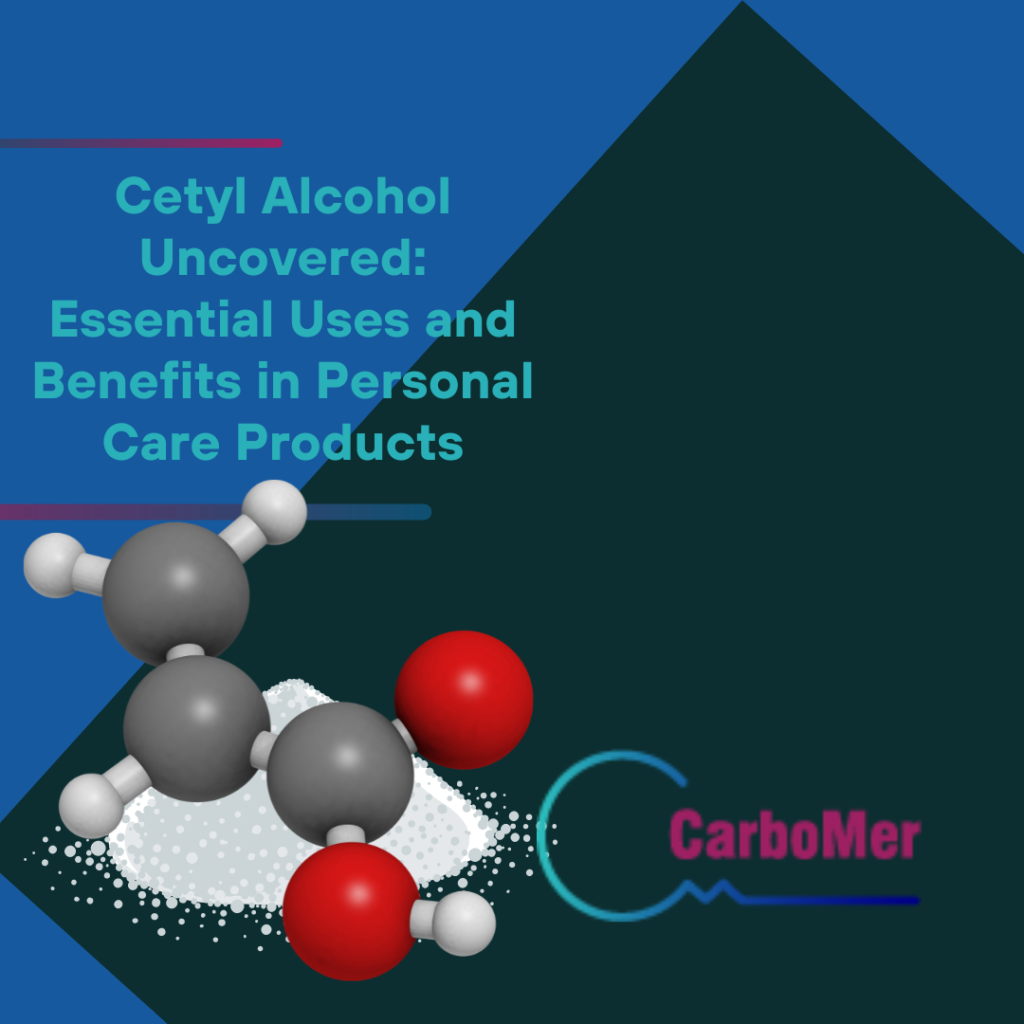
Cetyl alcohol is a key ingredient in your skincare regime, known for its moisturizing and emulsifying properties. Derived from oils like coconut and palm, it’s the ingredient that ensures your creams and conditioners have the perfect texture. Safe for sensitive skin, Cetyl alcohol is far from the drying alcohols you might avoid. In this article, we’ll uncover the roles Cetyl alcohol plays and how to identify it on labels.
Cetyl alcohol, derived from oils like coconut and palm, is a non-irritating fatty alcohol used extensively in personal care products as a moisturizer, emulsifier, and thickening agent.
Key Takeaways
It is considered safe for sensitive skin and different from short-chain alcohols (like ethanol), which are drying; its emulsifying and moisturizing properties are why it’s prevalent in skincare and haircare formulations.
Recognized as safe by both the Cosmetic Ingredient Review and the FDA, Cetyl alcohol is listed on ingredient labels under various names including 1-Hexadecanol and Palmityl alcohol, and it does not contribute to acne or pore blockages.
Cetyl alcohol is known for its:
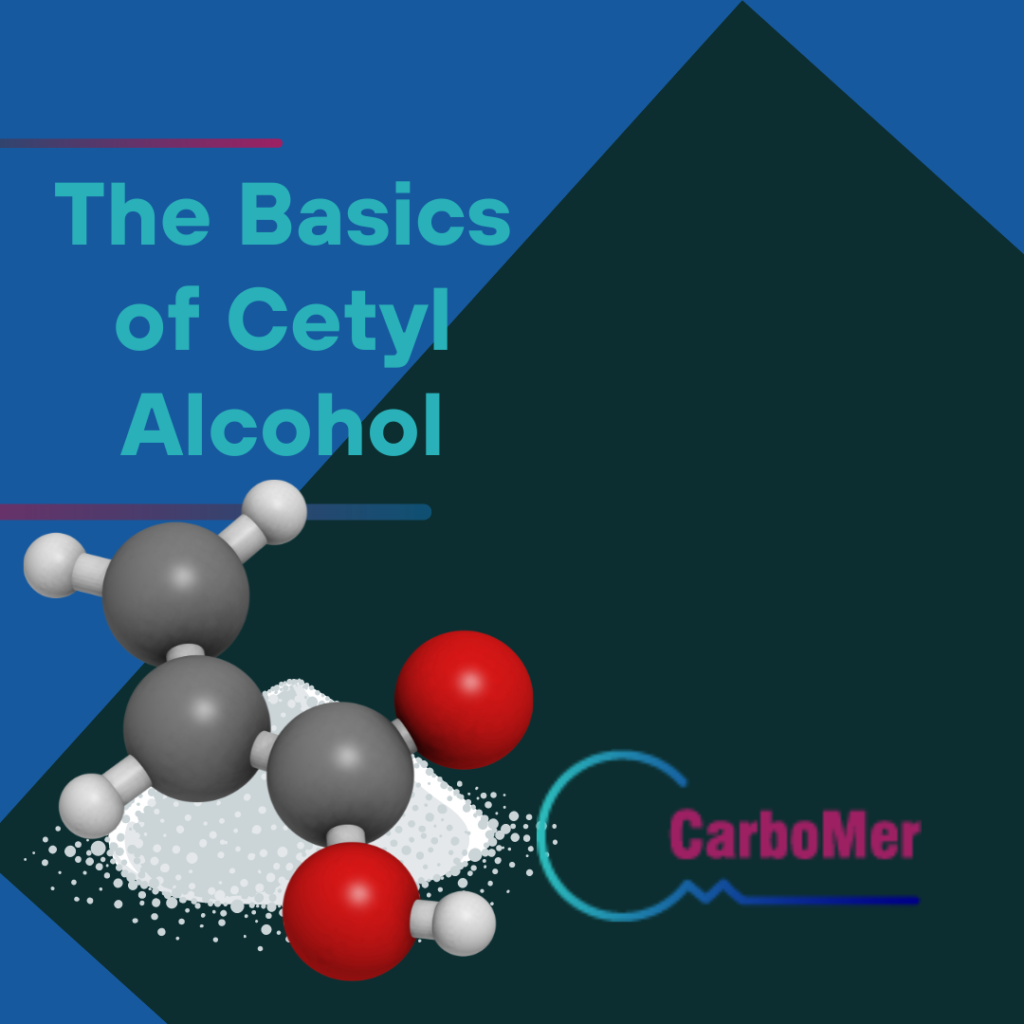
The Basics of Cetyl Alcohol
Flaky, waxy, and white solid form
Common derivation from coconut, palm, or vegetable oil
Chemical formula of C16H34O
The impressive molecular weight of 242.44 g/mol ) Ken: why is it impressive? I think it should be explained– it is much higher than e.g. Ethanol (molecular weight 46.07):
Impressive high molecular weight
The discovery of Cetyl alcohol from spermaceti by Michel Chevreul in 1836 was a significant step in the world of alcohol.
Fatty alcohols, including Cetyl alcohol, form a distinct category of alcohol known as fatty alcohol. Unlike other alcohols, like short-chain alcohols such as Ethanol, fatty alcohols have a non-volatile nature and higher molecular weight. These properties make them less likely to cause skin irritation or dryness, making them a safe bet for sensitive skin.
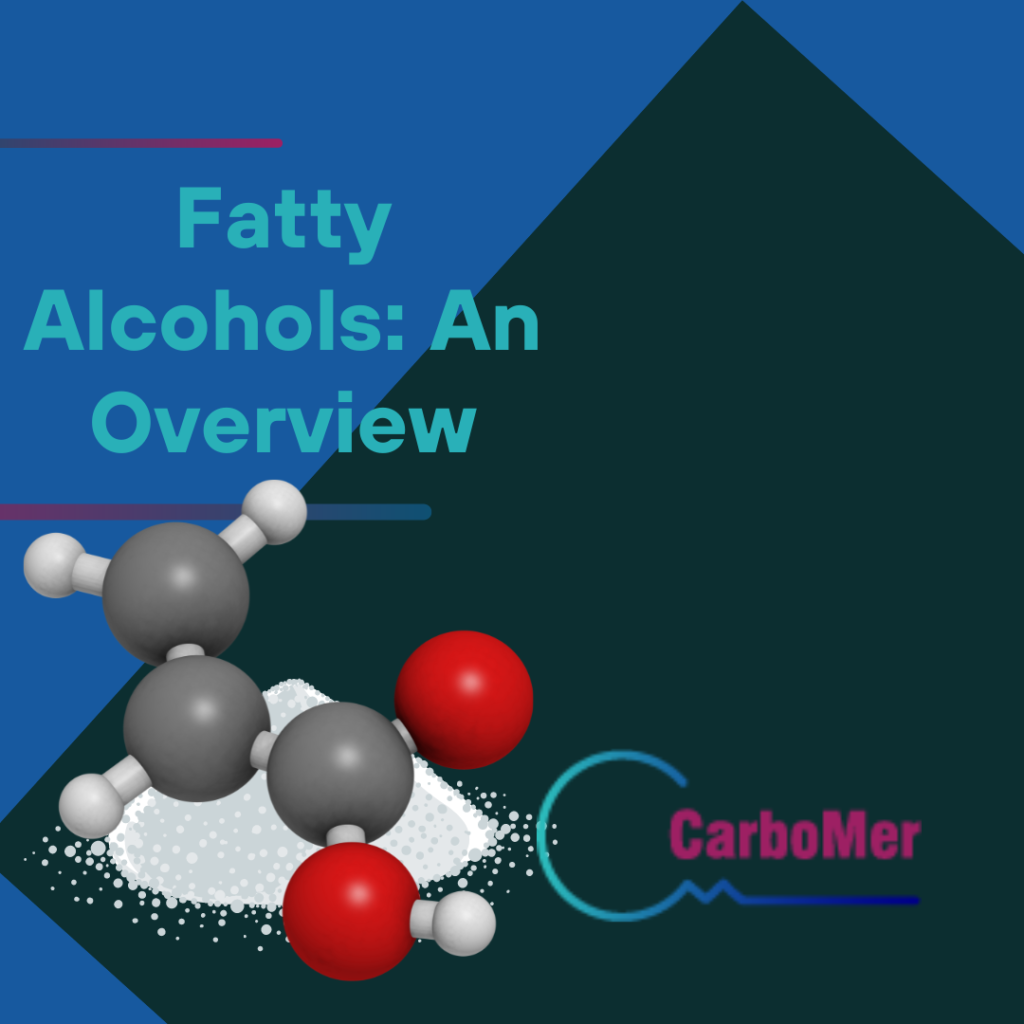
Fatty Alcohols: An Overview
Fatty alcohols, including Cetyl alcohol, form a distinct category of alcohol known as fatty alcohol. Unlike other alcohols, like short-chain alcohols such as Ethanol, fatty alcohols have a non-volatile nature and higher molecular weight. These properties make them less likely to cause skin irritation or dryness, making them a safe bet for sensitive skin.
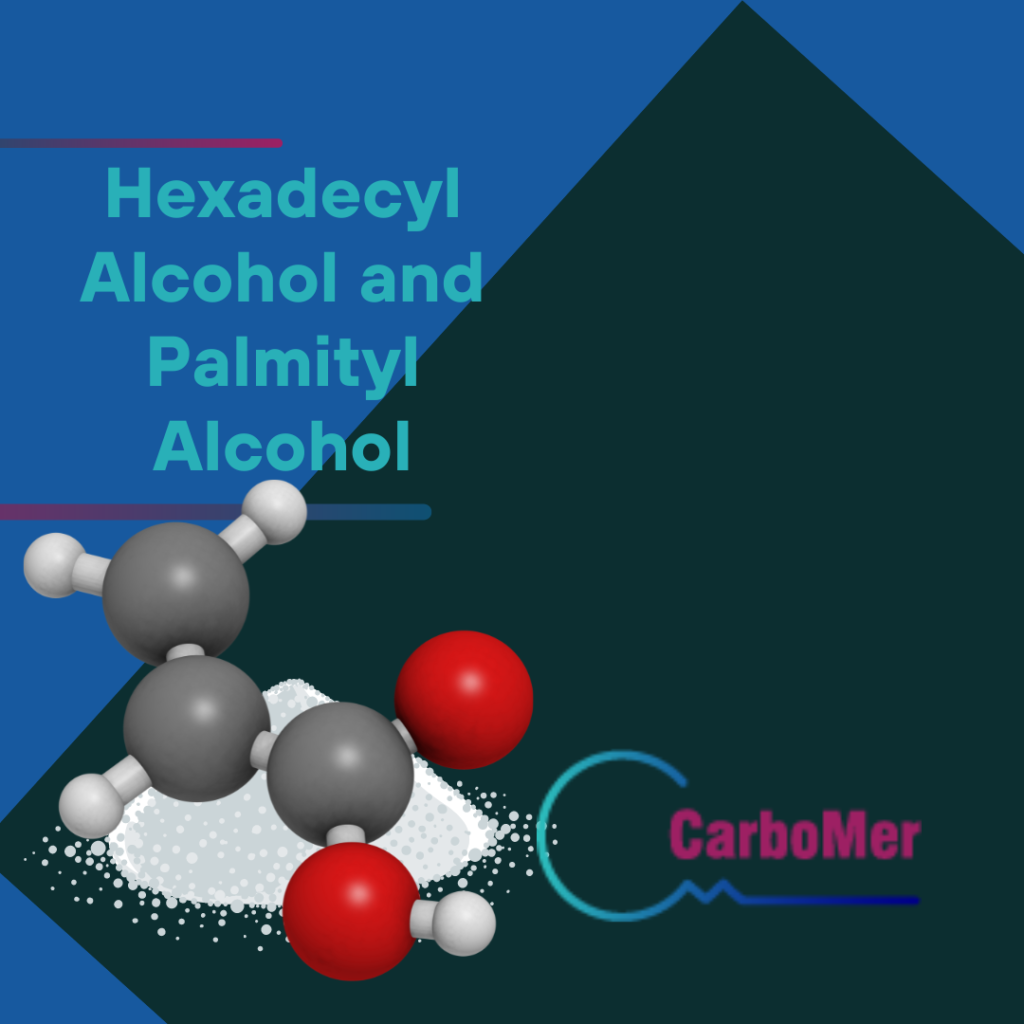
Hexadecyl Alcohol and Palmityl Alcohol
Cetyl alcohol is also known by different names such as:
Hexadecanel
Hexadecanol
Palmityl alcohol
Hexadecyl alcohol
The name n-Hexadecyl alcohol, also known as Cetyl alcohol, reflects the 16-carbon chain structure of this compound.
On ingredient lists, be it for your favorite lotion or hair conditioner, Cetyl alcohol may appear under any of these alternative names:
Cetyl alcohol
1-Hexadecanol
Palmityl alcohol
Hexadecyl alcohol
Cetanol
Ethal
Cetyl/Stearyl alcohol
Ethylhexanol
So, when you come across these names on the label of your personal care products, you know what it is!
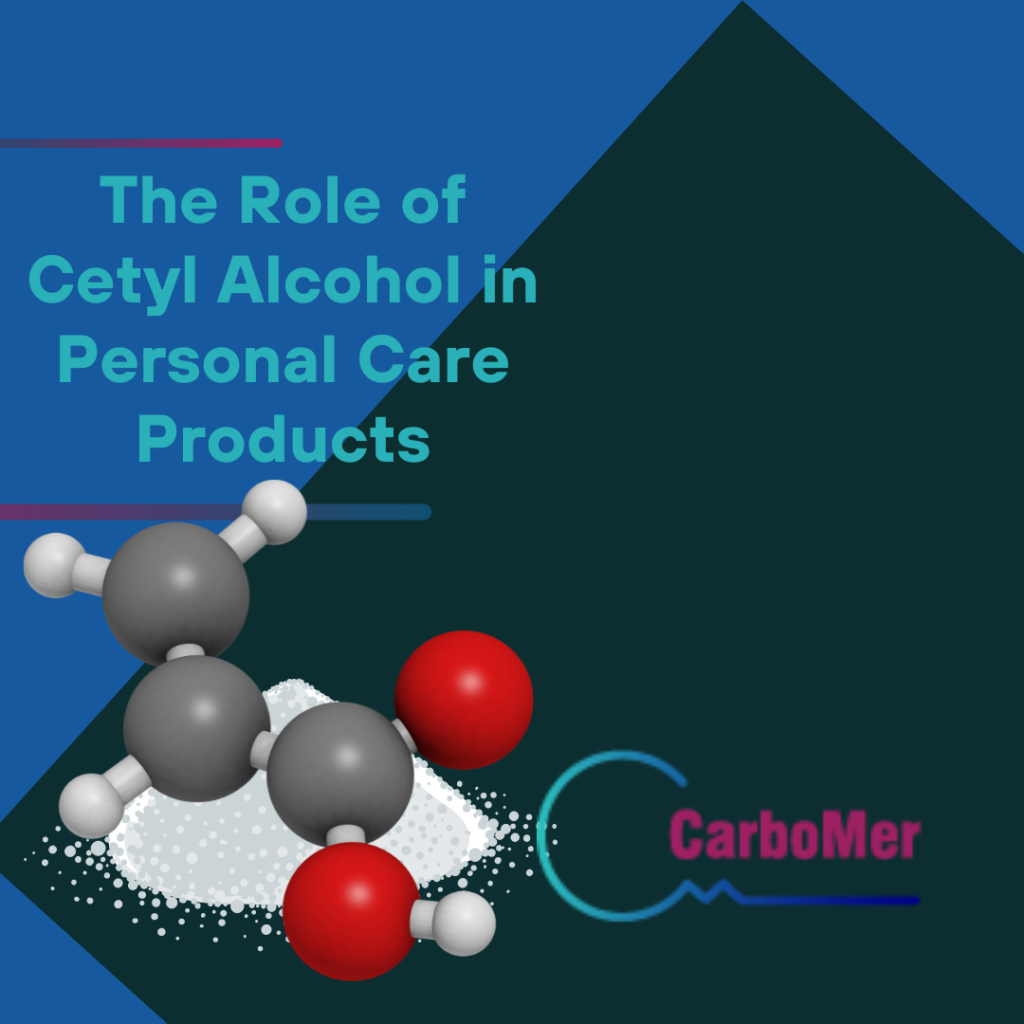
The Role of Cetyl Alcohol in Personal Care Products
Cetyl alcohol is a key player in personal care products. It serves as a moisturizer, emulsifier, and thickening agent, contributing to the overall efficacy of skin creams and lotions.
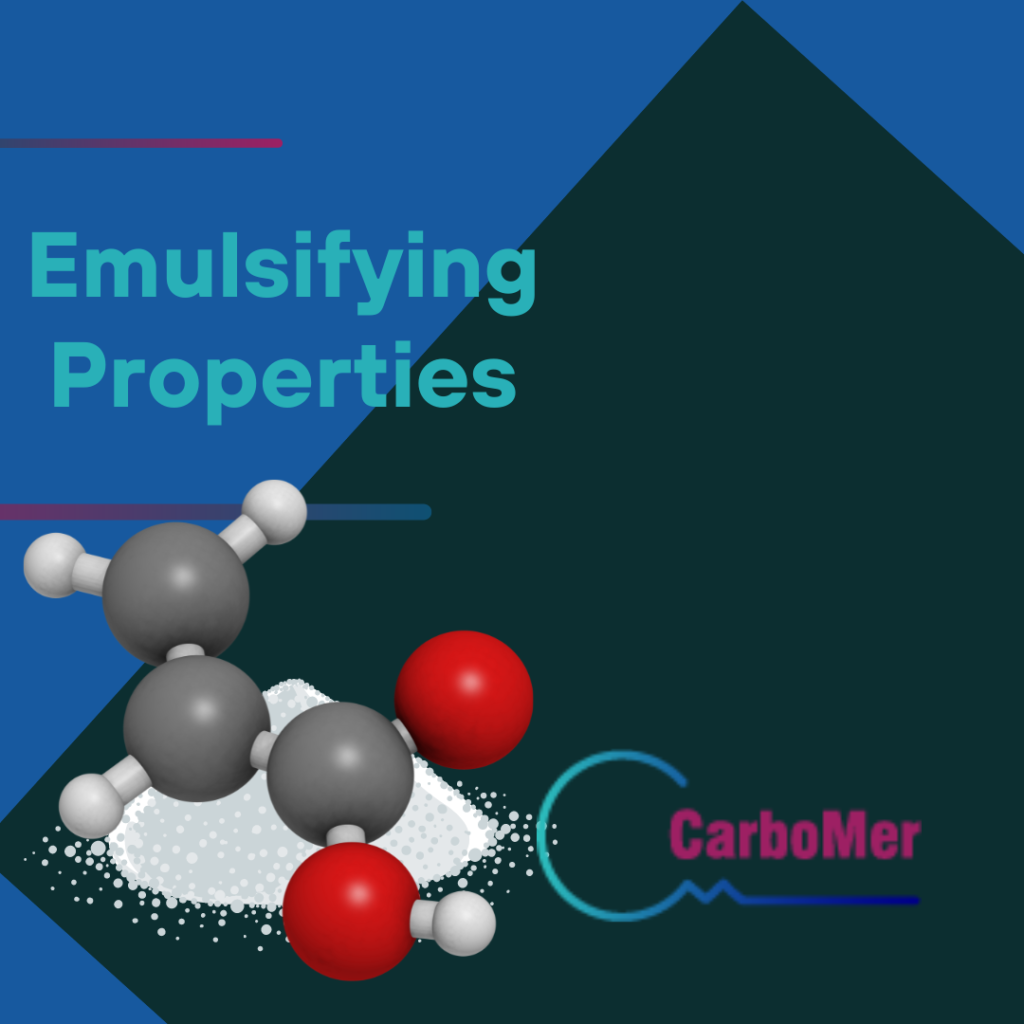
Emulsifying Properties
Cetyl alcohol ensures a smooth texture in cosmetics by homogenizing components that naturally separate. As an emulsifier, it prevents the separation of oil and water components in creams, maintaining the homogeneity of the product.
It is typically added to the oil phase of formulations during the heating process to contribute effectively to the emulsifying action. Coconut oil, one of the popular vegetable oils, makes your creams and skin lotions spread evenly and smoothly on your skin or hair.
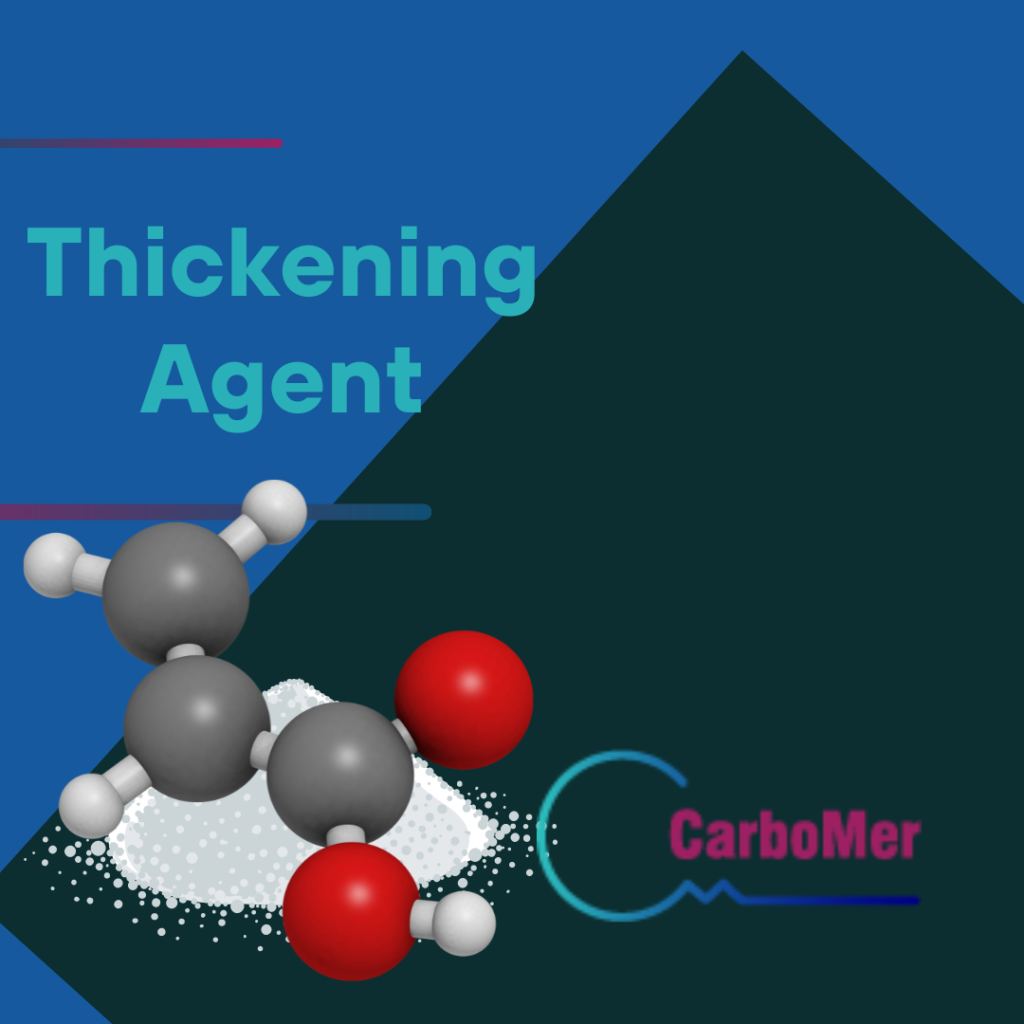
Thickening Agent
By serving as a thickener in formulations, Cetyl alcohol contributes a creamier texture, improves the spread ability, and enhances the overall feel of skincare and haircare products.
The presence of Cetyl alcohol in skincare products promotes an ideal, consistent texture, which enhances the product’s ease of application on skin or hair.
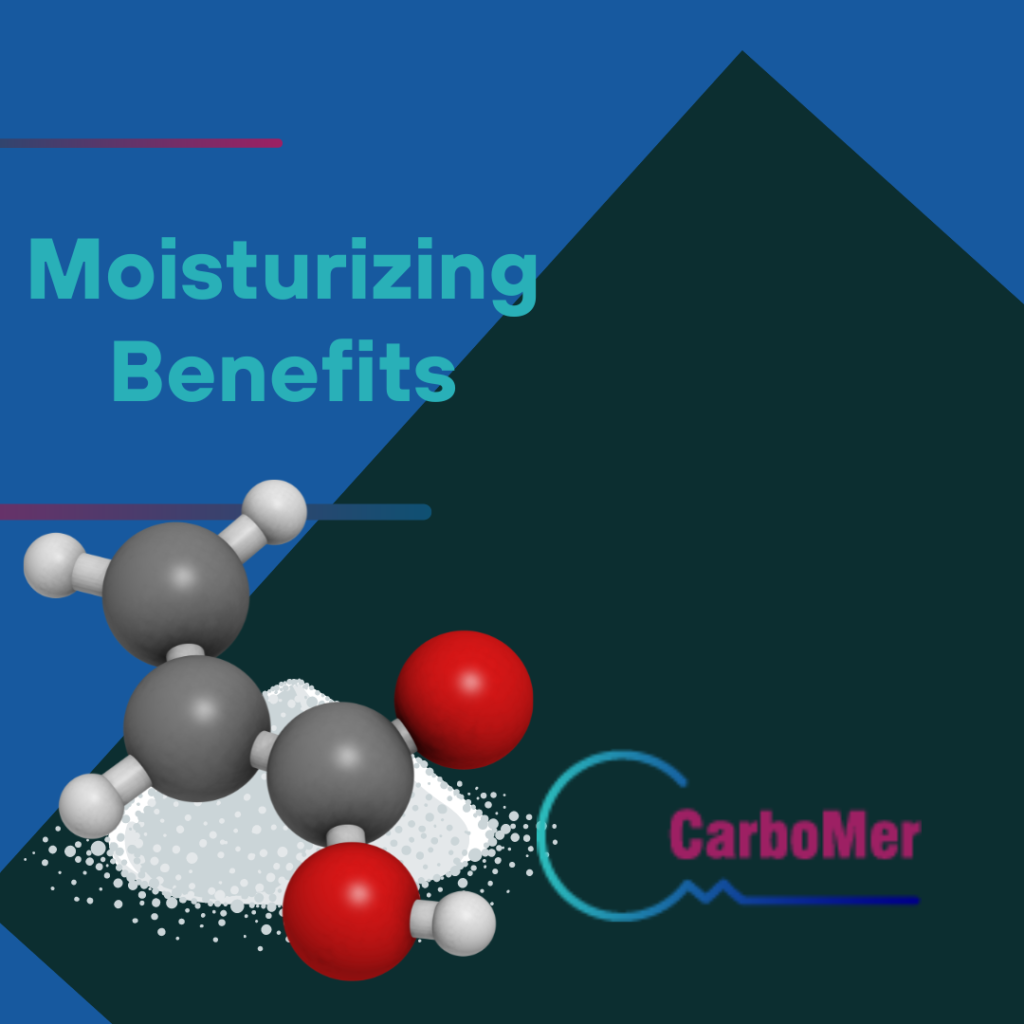
Moisturizing Benefits
Cetyl alcohol serves as a moisturizer by:
forming a barrier on the skin surface that reduces water loss and helps retain moisture
softening keratin, the protein that holds the top layer of skin cells together
promoting improved desquamation, leaving the skin smoother
Cetyl alcohol helps rehydrate dry, scaly, itchy skin and does not contribute to acne or pore blockages, making it suitable for various skin conditions.
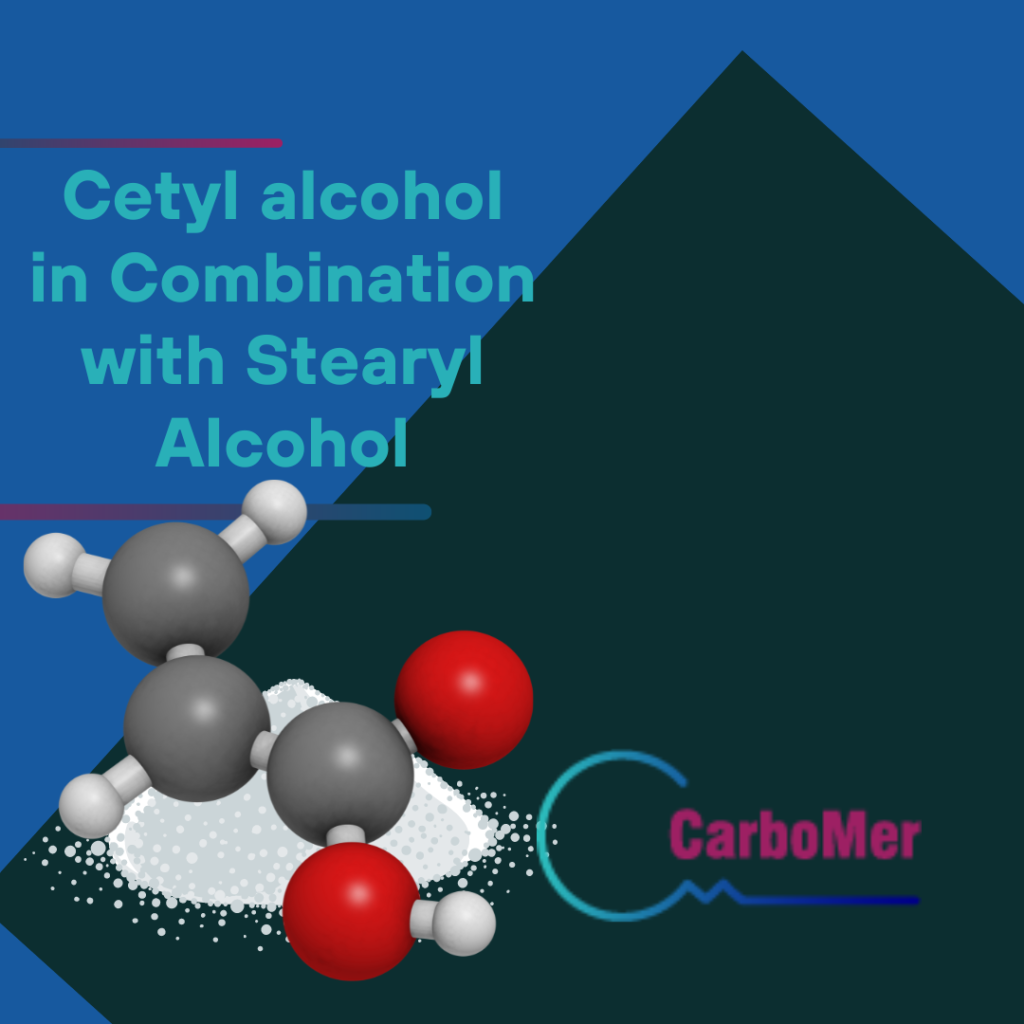
Cetyl alcohol in Combination with Stearyl Alcohol
Cetyl alcohol is often combined with Stearyl alcohol to create Cetearyl alcohol, which offers improved stability over individual alcohols due to a wider alkyl distribution.
This robust formulation of Cetearyl alcohol can operate effectively across a diverse range of temperatures, making it beneficial for use in personal care products.
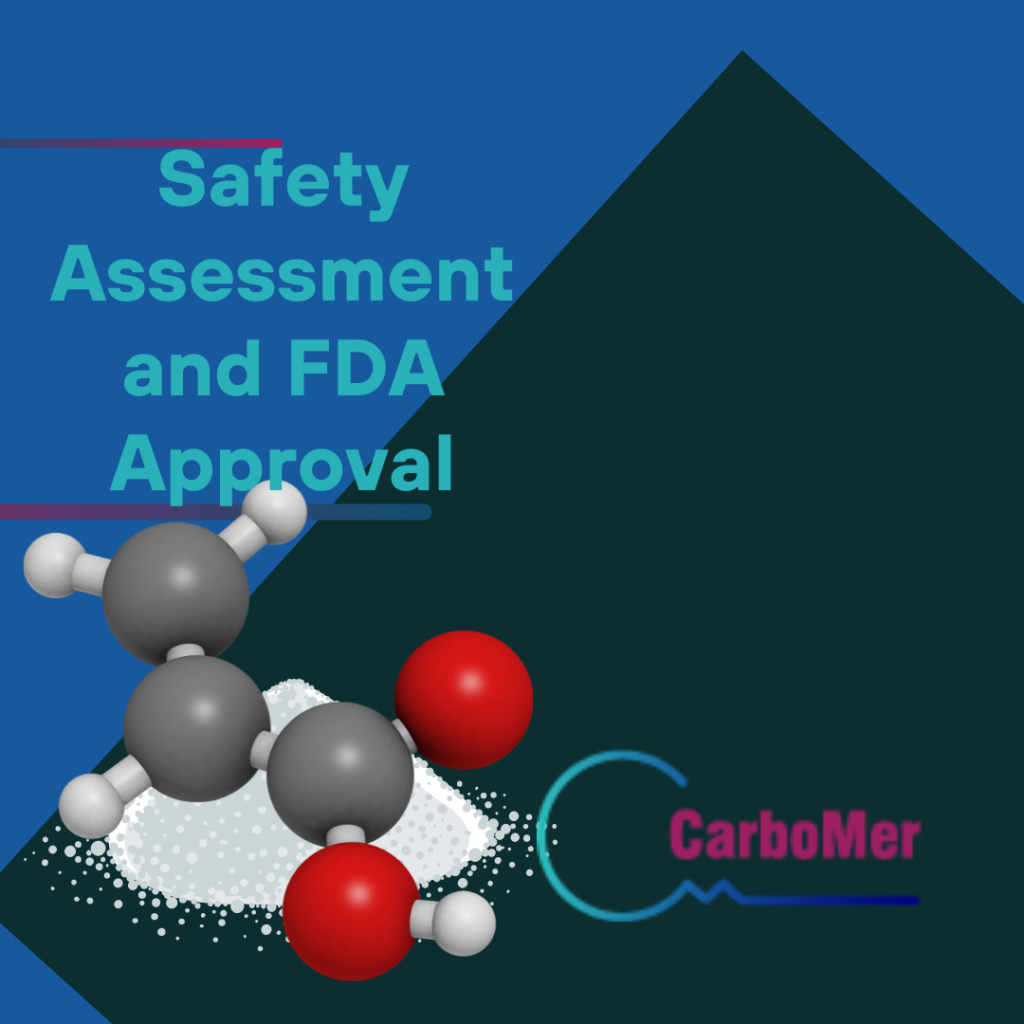
Safety Assessment and FDA Approval
The Cosmetic Ingredient Review (CIR) has declared Cetyl alcohol as safe for use in cosmetics. This announcement stems from multiple studies, where Cetyl alcohol showed minimal skin irritation, was practically nonirritating to eyes, and did not cause genetic mutations.
The Food and Drug Administration (FDA) has recognized Cetyl alcohol as safe and has approved its use in both cosmetic and food products. It is listed by the FDA as a safe food additive, underscoring its safety in consumer products.
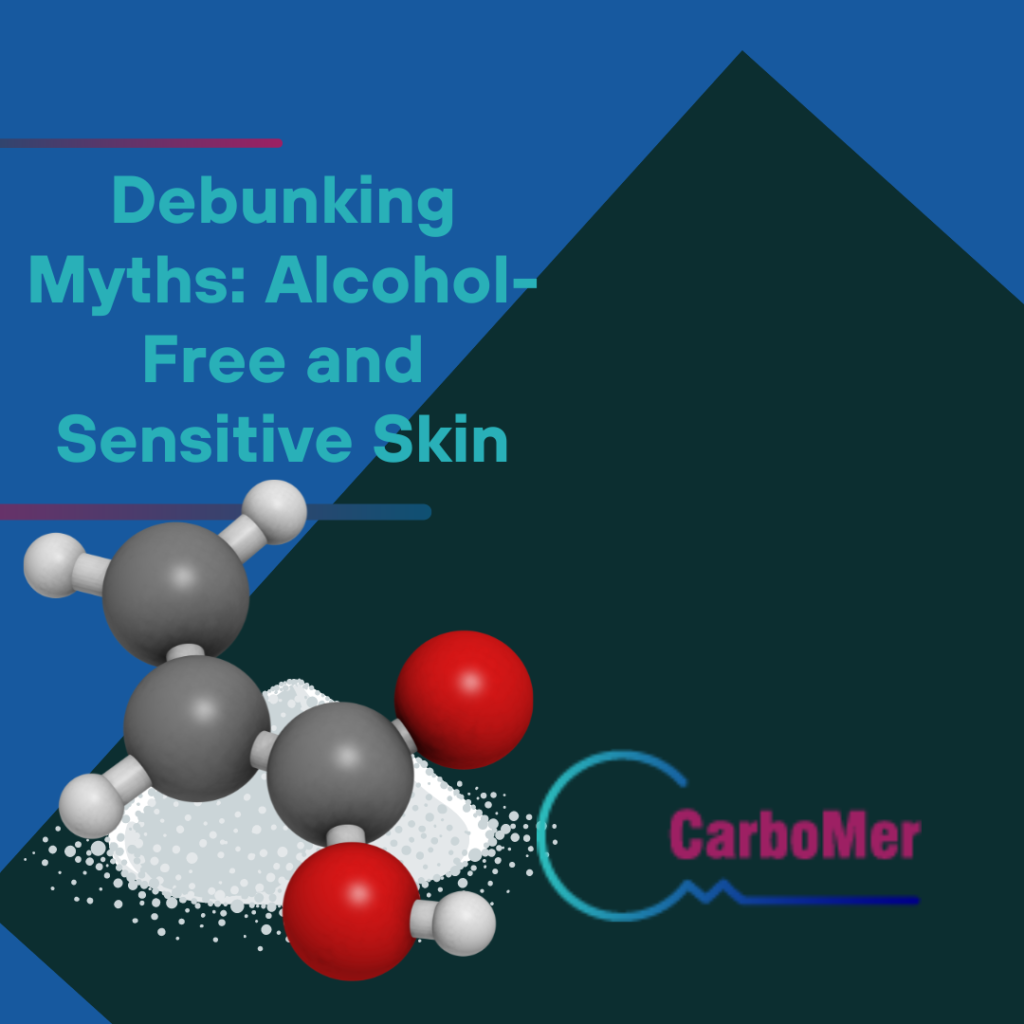
Debunking Myths: Alcohol-Free and Sensitive Skin
The term ‘alcohol-free’ on skincare product labels typically refers to the absence of simple alcohols like Ethanol, not non-drying fatty alcohols, such as Cetyl alcohol.
Cetyl alcohol is considered safe for sensitive skin due to its gentle properties and is often used in skincare for its beneficial effects, in contrast to typical ‘simple alcohols’.
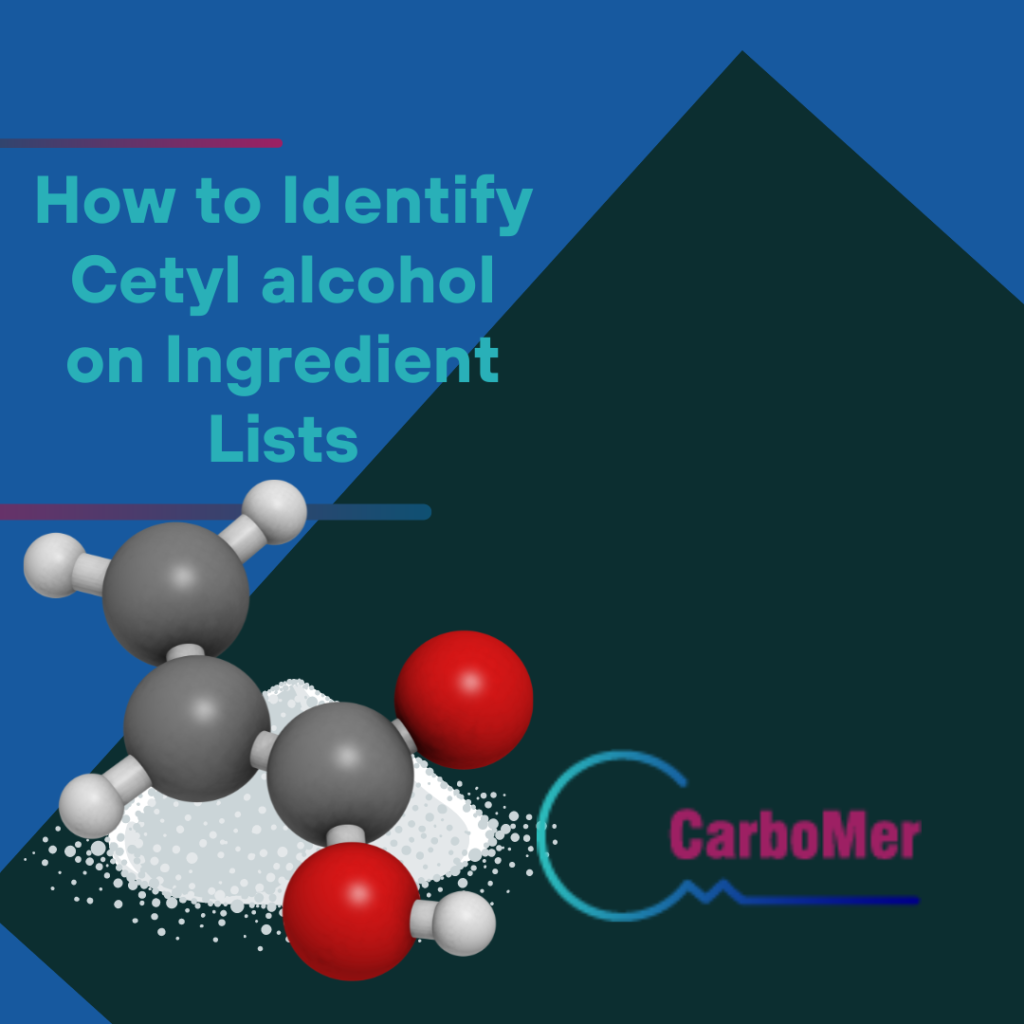
How to Identify Cetyl alcohol on Ingredient Lists
Cetyl alcohol can be identified in ingredient lists by locating its chemical formula CH3(CH2)15OH, which represents a chain of 16 carbon atoms with an OH group at one end. The creamy or opaque appearance of shampoos may also indicate the presence of Cetyl alcohol, due to its role as an pacifier.
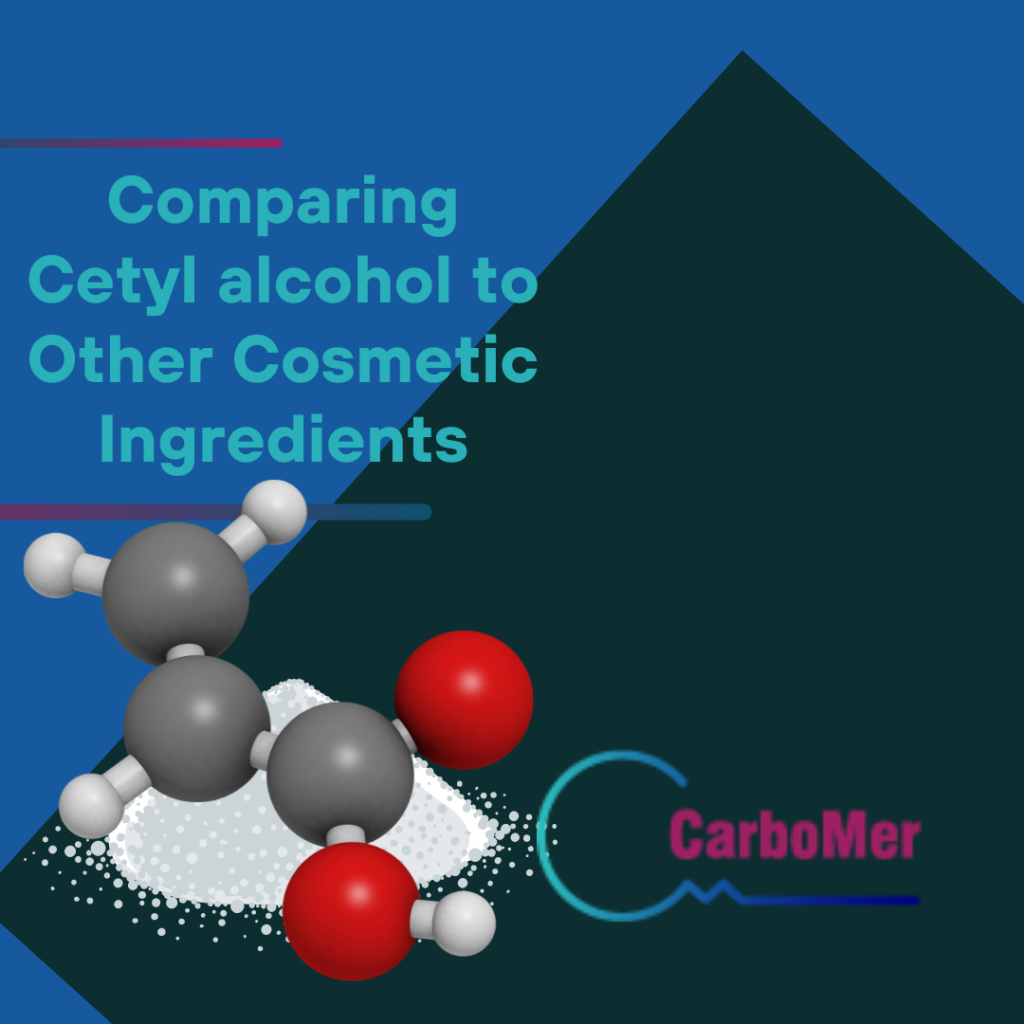
Comparing Cetyl alcohol to Other Cosmetic Ingredients
Cetyl alcohol serves as a thickening agent in cosmetic formulations. The customizable consistency of cosmetic products can be achieved by adjusting the concentration of Cetyl alcohol.
In comparison, using Stearyl alcohol leads to a product that is whiter and more opaque than one containing Cetyl alcohol.
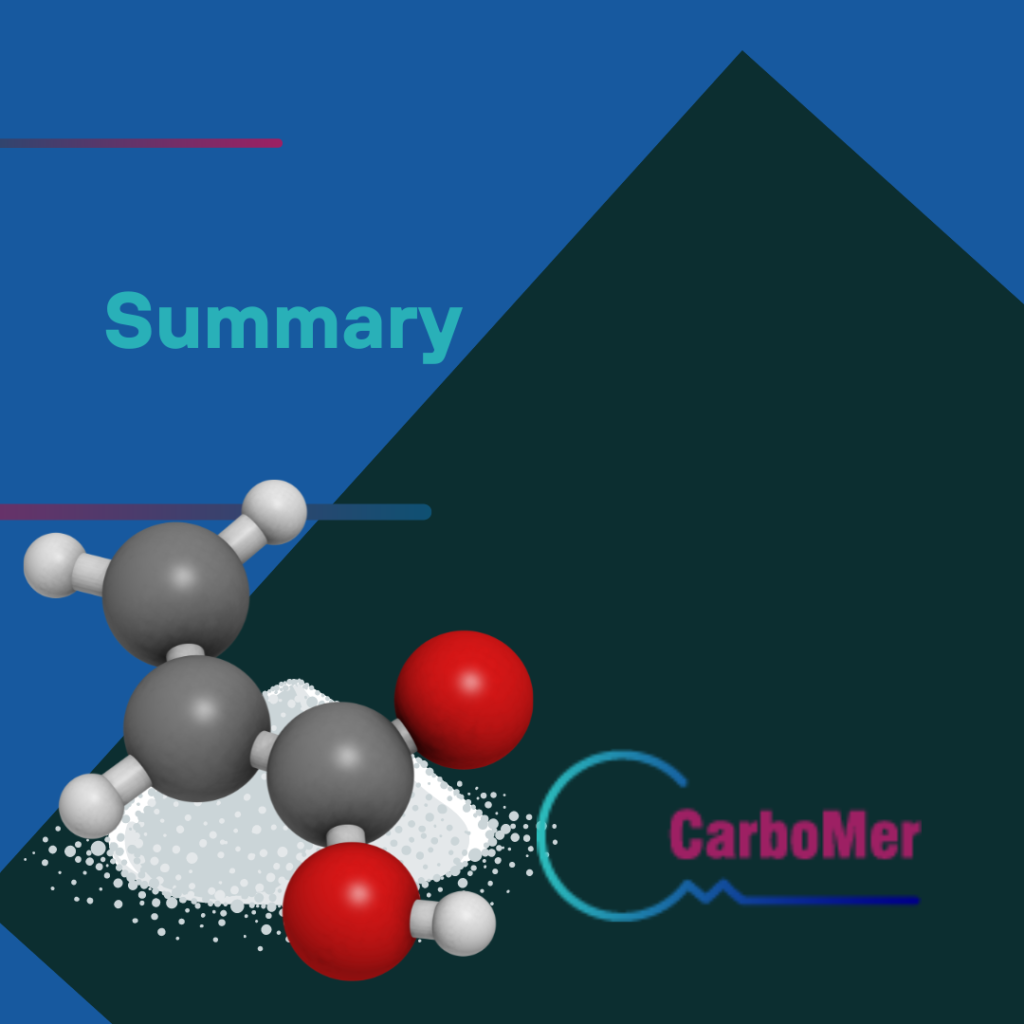
Summary
From its foundational role in personal care products to its safety assessments and debunking of myths, we’ve taken a comprehensive look at Cetyl alcohol. This fascinating ingredient, derived from nature, truly makes a significant difference in the world of personal care.
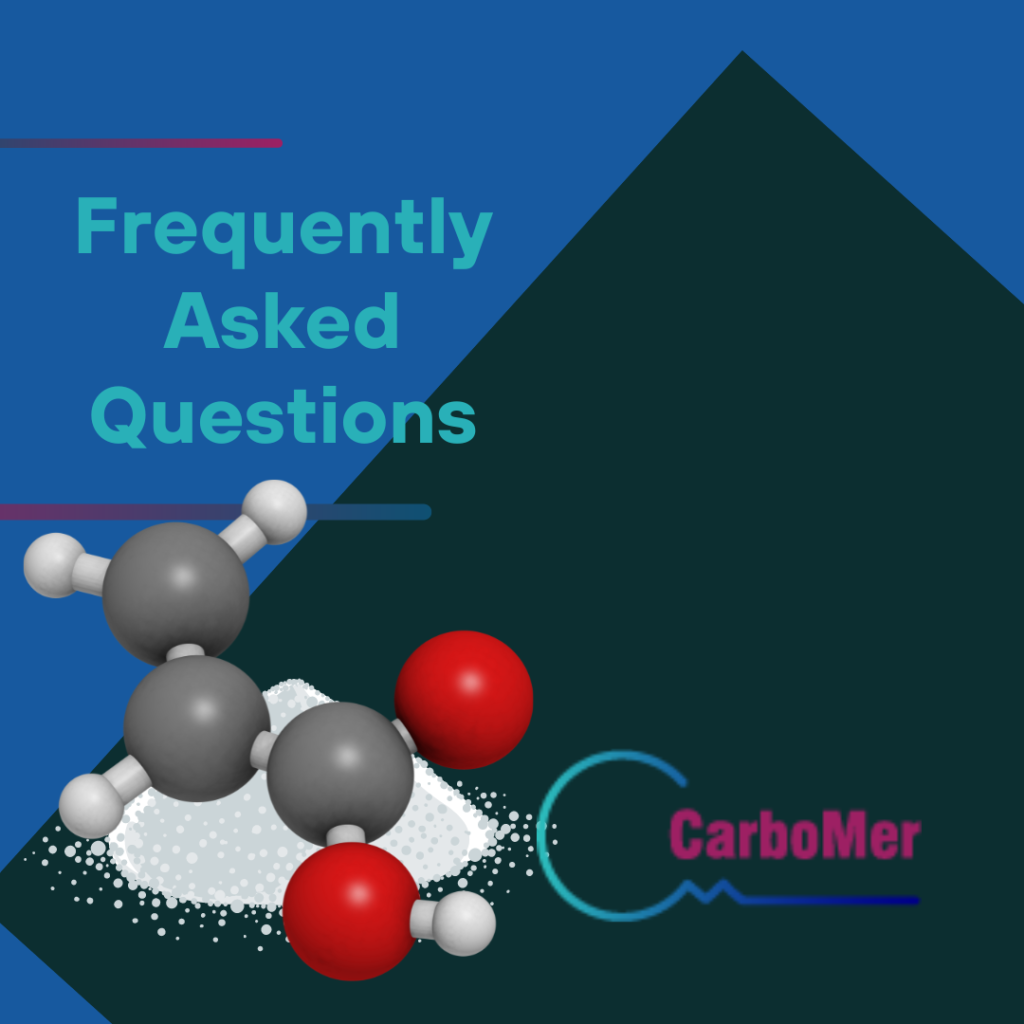
Frequently Asked Questions
Is Cetyl alcohol bad for you?
Cetyl alcohol is considered safe and non-toxic for use on the skin and hair, and is even permitted by the FDA as an ingredient in products labeled “alcohol-free.” It is generally not considered bad for you.
Is Cetyl alcohol real alcohol?
Cetyl alcohol is a form of alcohol commonly used in cosmetic products to add viscosity or thickness, and it is different from Ethyl alcohol. So, yes, Cetyl alcohol is a real alcohol, but it is a fatty alcohol, not the type of alcohol that is typically consumed.
What does Cetyl alcohol do to the body?
Cetyl alcohol has hydrating and conditioning properties that benefit the skin and hair, contrary to the misconception that it has drying effects. It is used to soften the skin and hair and also as an emollient for soothing and healing dry skin.
Is Cetyl alcohol bad for your skin?
No, Cetyl alcohol is not bad for your skin. In fact, it is a gentle, moisturizing ingredient that is considered safe and effective.
What is Cetyl alcohol?
Cetyl alcohol is a fatty alcohol commonly used in personal care products for its moisturizing, emulsifying, and thickening properties.

